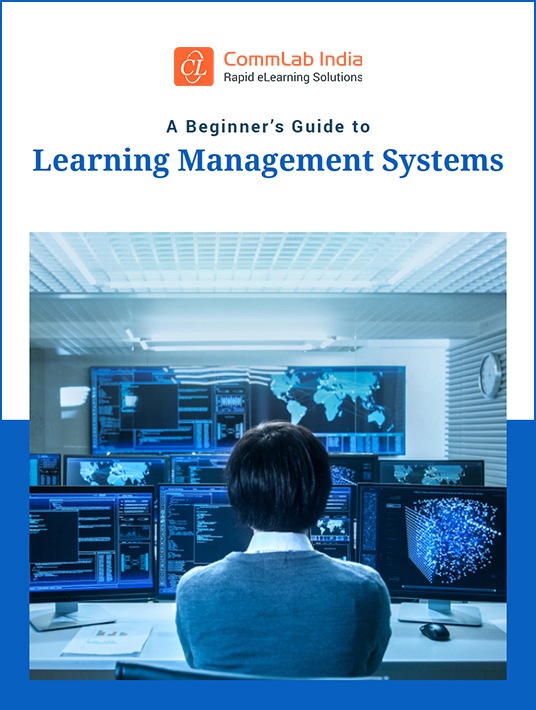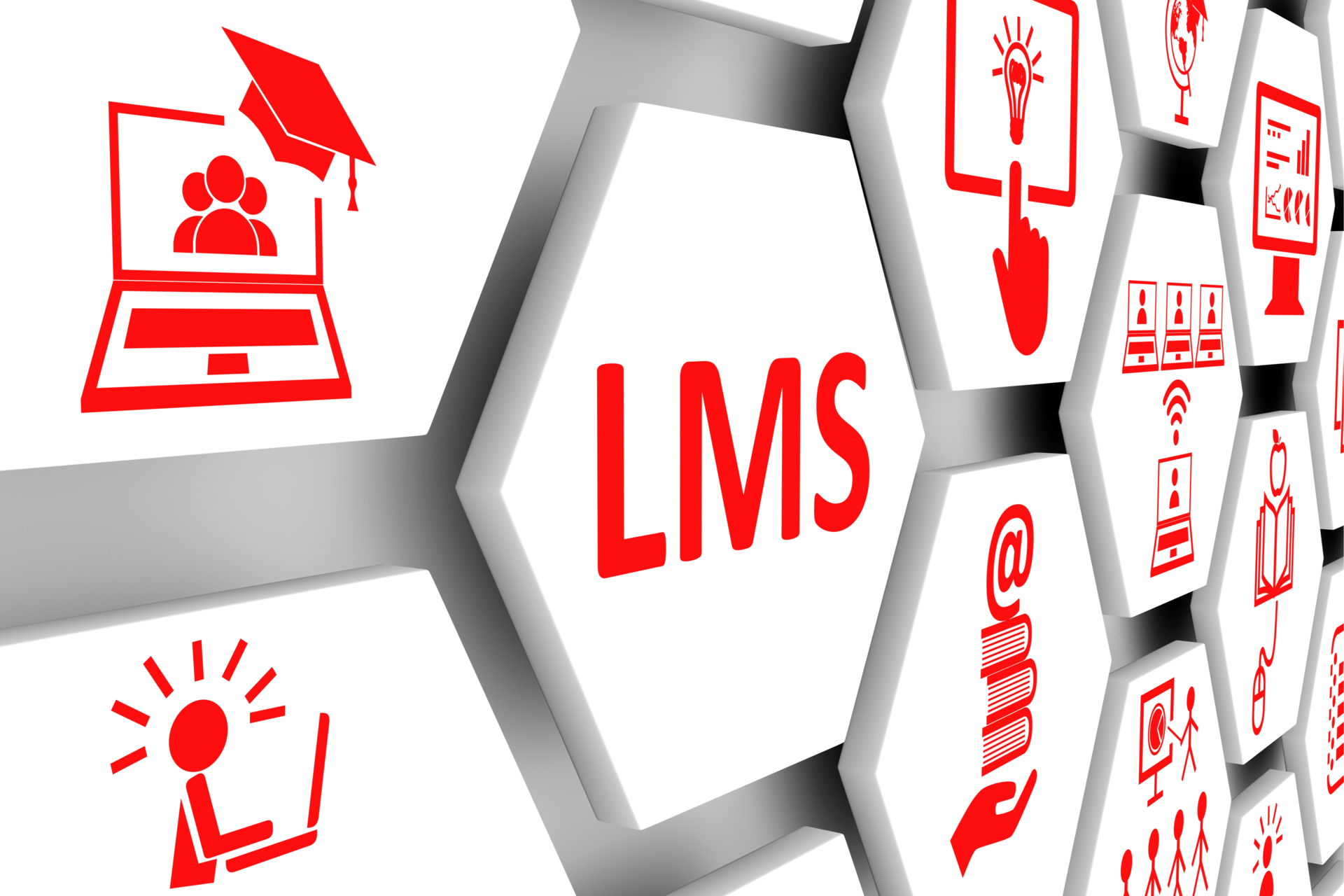Do I Even Need An LMS?
If you are a total beginner when it comes to Learning Management Systems, here is a quick definition: A Learning Management System is a software application for the administration, documentation, tracking, reporting, automation, and delivery of educational courses, training programs, or Learning and Development programs. The Learning Management System concept emerged directly from eLearning. This definition, however, doesn't really do justice to how powerful a tool an LMS can be and what a huge impact it can have on you and your organization. This is, essentially, the backbone of your digital training and it plays a huge role in the success of all your training initiatives.

The world of Learning Management Systems can be pretty scary for beginners, as well as veterans. But with this guide, even a total beginner will become acquainted with the functions and features of LMSs and understand how they will be able to decide which system is best for their organization.
About The eBook: A Beginner’s Guide To Learning Management Systems
I feel that the title of the eBook does an excellent job in describing its topic and its angle. This is a guide for beginners who wish to familiarize themselves with Learning Management Systems. However, after studying this eBook, even beginners will be able to take part in expert-level conversations and help their organization make the right LMS choice.
A Brief History Of The Learning Management System
The first chapter of the eBook introduces us to the chronology of the LMS. I believe that it is always important to have an accurate historical context when a complex idea is discussed. After the definition of an LMS is dissected and explained thoroughly, the reader is presented with a timeline that begins in the 1920s with Sidney L. Pressey's primitive teaching machine and continues all the way to the Experience APIs of today. There is also an interesting take on the limitations of legacy LMSs and how they compare to a modern LMS.
The User-Friendly Modern LMS
The second chapter of A Beginner’s Guide To Learning Management Systems discusses the notion of the user-friendly modern LMS. There are four important features that an LMS needs to have in order to be user-friendly.
Things To Do Before Selecting An LMS
The next chapter of the eBook helps you prepare by following six simple steps. It explains how you can prepare a list of your requirements, build use cases, send an RFP, ask prospective vendors for a sandbox, have a pilot group for the test, and decide on a timeframe for implementation.
What Can Be Outsourced In LMS Administration And Support?
The guide follows with a list of items that you can outsource regarding LMS administration and support. These items include the setting up of a new system, the maintenance of your LMS, and several value additions.
Checklist To Select The Right LMS Vendor
This is an amazing tool that can help everyone find their ideal LMS vendor. This checklist is quite thorough and highlights the most important features you need to be looking for in your LMS vendor.
What Can An LMS Be Used For?
A great conclusion to this eBook, the final chapter lists a few of the many ways an LMS can be used in your organization. If you are looking for an LMS vendor, chances are that you have thought about a few of these things yourself, but these ideas can have some added value.
Conclusion
The eBook A Beginner’s Guide To Learning Management Systems is a fantastic journey that will take you from understanding the history of the LMS to being in a position where you can confidently and accurately choose the LMS that is right for you and your organization.

